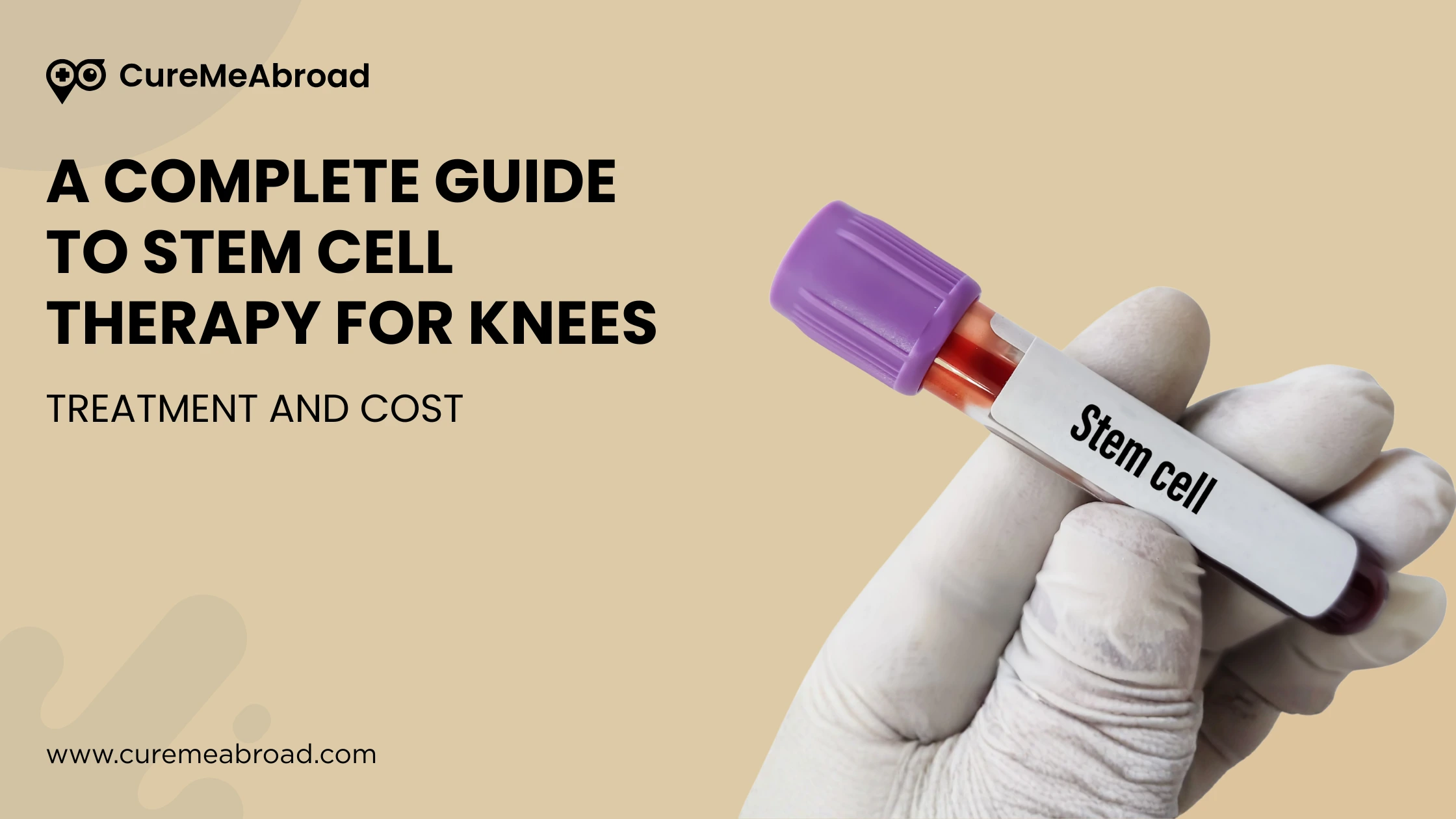Pregnancy is often described as a time of hope, joy, and excitement. But for some women, the journey is cut short almost before it begins. One such experience is a chemical pregnancy, a very early miscarriage that happens even before a pregnancy can be seen on an ultrasound.
This type of pregnancy loss is more common than many people realize, and while it may appear brief medically, the emotional impact can be lasting. In this article, we’ll explore everything you need to know about a chemical pregnancy, its causes, symptoms, diagnosis, and how to cope with the emotional aftermath.
Understanding Chemical Pregnancy
A chemical pregnancy is an early miscarriage that usually occurs within the first five weeks of pregnancy. It happens when a fertilized egg implants in the uterine lining but fails to develop further.
Since implantation triggers the production of the hormone hCG (human chorionic gonadotropin), the pregnancy can show up on a test before ending shortly after. This explains why many women first get a positive test result, followed by a negative test or bleeding that resembles a heavy period.
The term “chemical” is used because the pregnancy is usually detected only through chemical markers like hCG, not by physical imaging like an ultrasound.
How Common Is a Chemical Pregnancy?
Although rarely discussed, a chemical pregnancy is very common. Experts estimate that up to 50–60% of all first-time pregnancies end in miscarriage, with a large portion happening in these earliest weeks.
Most women never even realize they were pregnant because the miscarriage occurs around the time of their expected period. However, with modern early-detection pregnancy tests available, more women are now aware of chemical pregnancies than ever before.
Causes of a Chemical Pregnancy
While the exact reason for a chemical pregnancy often remains unknown, doctors have identified several possible causes:
- Chromosomal abnormalities – The most common reason, where genetic errors in the embryo prevent proper development.
- Hormonal issues – Conditions like low progesterone or thyroid disorders can disrupt implantation.
- Uterine abnormalities – Fibroids, scar tissue, or uterine lining problems may interfere with development.
- Blood clotting disorders – These can reduce blood flow to the embryo.
- Lifestyle and age factors – Smoking, excessive alcohol, untreated health conditions, or an advanced maternal age can increase risk.
It’s crucial to remember: nearly all chemical pregnancies occur due to biological reasons outside of a woman’s control.
Symptoms and Signs
Since a chemical pregnancy ends so early, it may resemble a slightly delayed or unusually heavy menstrual period. Common symptoms include:
- A positive pregnancy test followed by a negative test shortly after.
- A period that is heavier or arrives a few days later than expected.
- Possible cramps or clotting with bleeding.
- High hCG levels in bloodwork that drop quickly instead of rising.
Because the pregnancy ends within weeks, most women do not experience typical pregnancy signs like nausea, morning sickness, or breast tenderness.
Diagnosis of a Chemical Pregnancy
A chemical pregnancy is usually identified through:
- Pregnancy tests: A positive result that becomes negative within days.
- Bloodwork: Falling hCG levels.
- Ultrasound scans: No gestational sac is seen in the uterus despite a previous positive test.
For women undergoing fertility treatments, chemical pregnancies are often tracked and confirmed due to early and frequent monitoring. Others may simply assume they had a later-than-usual period and never realize a conception occurred.
Emotional Impact of a Chemical Pregnancy
Even though a chemical pregnancy occurs very early, the emotional weight can be significant. For many women, seeing that first positive pregnancy test brings immense joy and hope. Losing that pregnancy within days may feel devastating.
Common Emotional Reactions:
- Grief and sadness – Mourning the loss of a much-anticipated pregnancy.
- Confusion – Not understanding how a pregnancy could end so quickly.
- Guilt and self-blame – Many women mistakenly believe they did something wrong.
- Fear for the future – Anxiety about whether it will be possible to conceive again.
It’s important to acknowledge that grief is valid at any stage of pregnancy, even at the very beginning.
Coping and Healing
Recovering from a chemical pregnancy involves both physical and emotional healing.
Physical Recovery
The body usually rebounds quickly. Most women have bleeding similar to a heavy period and then return to their regular menstrual cycle within a few weeks. Ovulation can resume within two to four weeks.
Emotional Healing
The emotional aspect often takes longer. Helpful coping strategies include:
- Talking openly with a partner or trusted loved one.
- Joining infertility or miscarriage support groups.
- Journaling to process emotions.
- Seeking help from a counselor or therapist if the grief feels overwhelming.
Remember: Every woman’s healing journey is unique. Give yourself time and space to recover.
Future Fertility After a Chemical Pregnancy
The good news is that a chemical pregnancy does not typically affect future fertility. Many women who experience one go on to have healthy pregnancies later. In fact, some doctors even see it as a positive sign it shows that conception is possible.
However, if you experience multiple chemical pregnancies in a row, it’s wise to consult a doctor. They may order tests to check for hormonal imbalances, uterine issues, clotting disorders, or other underlying health conditions. With the right treatment and monitoring, outcomes can improve significantly.
When to Seek Medical Advice
You should consult your healthcare provider if:
- You’ve experienced two or more chemical pregnancies.
- You’re over 35 and struggling to get pregnant.
- Your cycles become irregular or unusually heavy after a loss.
- You’d like reassurance or guidance for the next steps.
Doctors may recommend bloodwork, ultrasound scans, or hormonal treatments to address potential underlying concerns.
Final Thoughts
Understanding what a chemical pregnancy is can ease confusion and bring a sense of clarity. While it is a type of miscarriage that happens very early, it should not be dismissed as insignificant. The loss can feel deeply personal, especially for those who have been trying to conceive.
If you’ve gone through this, remember you are not alone. Many women experience a chemical pregnancy, and in most cases, it does not prevent a healthy pregnancy in the future. Take care of your physical health, tend to your emotional well-being, and seek medical advice or counseling when necessary.
A chemical pregnancy is not your fault it is often nature’s way of preventing an embryo with chromosomal or developmental issues from progressing. With time, support, and hope, many women move forward and achieve their dreams of parenthood.









